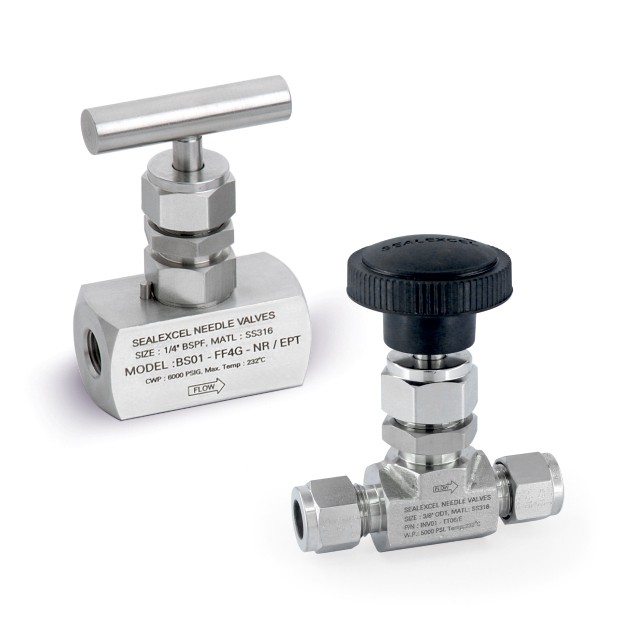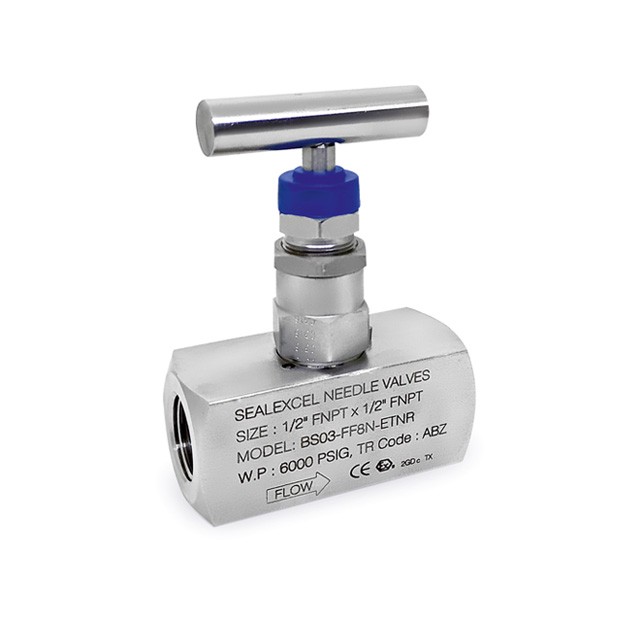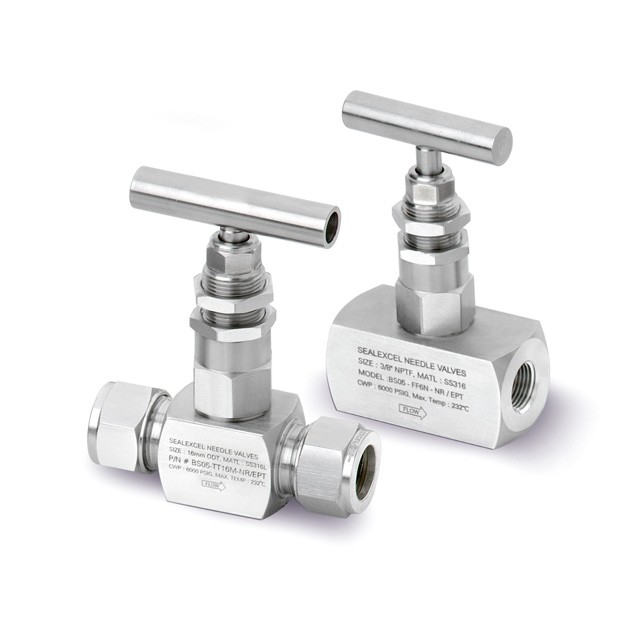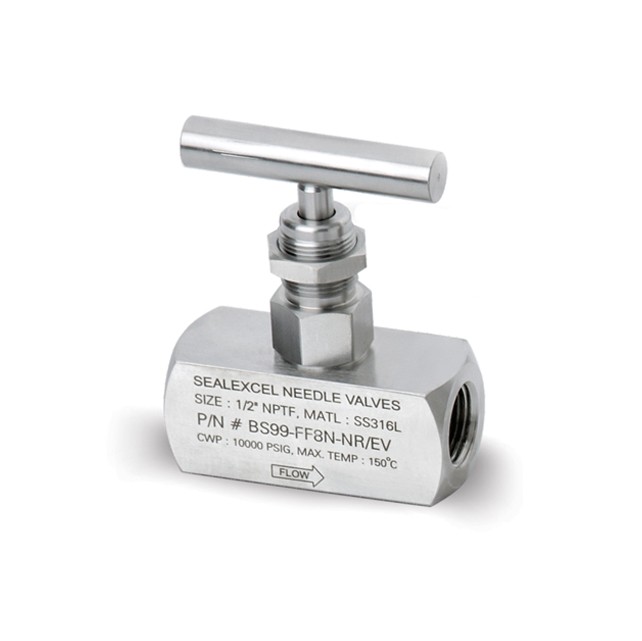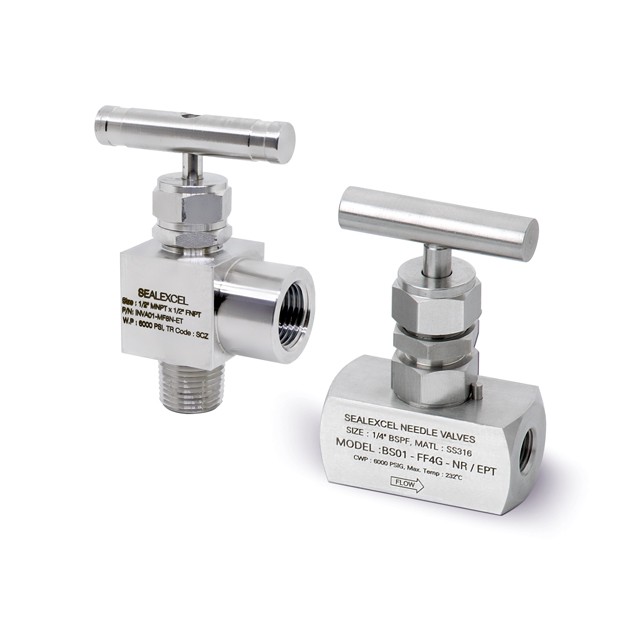Why to Choose Us For Your Needle Valve Manufacturing ?
In the realm of fluid control, precision and reliability are paramount. Needle valve, often considered the unsung heroes of fluid control systems, play a vital role in managing the flow of liquids and gases with unparalleled accuracy. In this article, we delve into the world of needle valves, exploring their functionality, design, applications, and benefits.
Needle Valve: An Overview
A needle valve is a type of valve that allows for fine control over the flow of a fluid. Its unique design consists of a slender, tapered point (resembling a needle) at the end of a valve stem, which fits into a conical seat. This design feature enables precise adjustment of flow rates by simply turning the valve stem, allowing for gradual opening and closing. Needle valve are commonly used in situations where a gradual, controlled flow is required.
Functionality and Design
The functionality of needle valves is based on the principle of throttling. As the valve stem is turned, the tapered point moves in and out of the conical seat, altering the size of the opening through which the fluid passes. This design allows for highly precise regulation of flow rates, making needle valve ideal for applications requiring minute adjustments.
The components of a needle valve typically include the valve body, bonnet, valve stem, valve seat, and the tapered point. The valve stem is often fitted with a knurled knob or a handwheel to facilitate easy turning. Materials used in their construction can range from stainless steel and brass to exotic alloys, depending on the intended application and compatibility with the fluid being controlled.
Applications
- Laboratory Settings: In laboratories, where accurate measurements and controlled flows are essential, needle valve find extensive use. They are employed in gas chromatography, mass spectrometry, and other analytical instruments.
- Medical Equipment: Needle valve play a role in various medical devices, such as anaesthesia machines and oxygen regulators, where precise control of gases is critical.
- Industrial Processes: Industries like chemical manufacturing, oil and gas, and pharmaceuticals require needle valve to regulate flows in processes like blending, mixing, and filling.
- Steam Systems: Needle valves are used in steam systems to control the flow of steam and prevent damage caused by abrupt pressure changes.
- Hydraulic Systems: Hydraulic systems rely on needle valves to control the flow of hydraulic fluids in machinery and equipment.
- Automotive: Needle valves are used in carburetors and fuel injection systems to regulate the fuel-to-air ratio, optimising engine performance.
Benefits of Needle Valves
- Precision: Needle valve offer unparalleled precision in flow control, making them essential in applications where even the smallest adjustments matter.
- Reliability: Due to their simple design and fewer moving parts, needle valve are known for their reliability and long service life.
- Compact Size: Needle valve are compact and lightweight, making them suitable for installations with space constraints.
- Leak Prevention: The snug fit between the needle and the seat minimises the risk of leakage, ensuring system integrity.
- Versatility: With a wide range of materials available, needle valve can be customised to suit various fluids and environments.
Conclusion
Needle valves might be small in size, but they have a big impact on fluid control precision. Their role in various industries, from laboratories to manufacturing, underscores their significance in maintaining accurate flow rates and preventing operational mishaps. As technology advances, needle valves continue to evolve, meeting the ever-growing demands of modern fluid control systems while ensuring safety, efficiency, and reliability.
Contact Us: +91- 22-26788534

